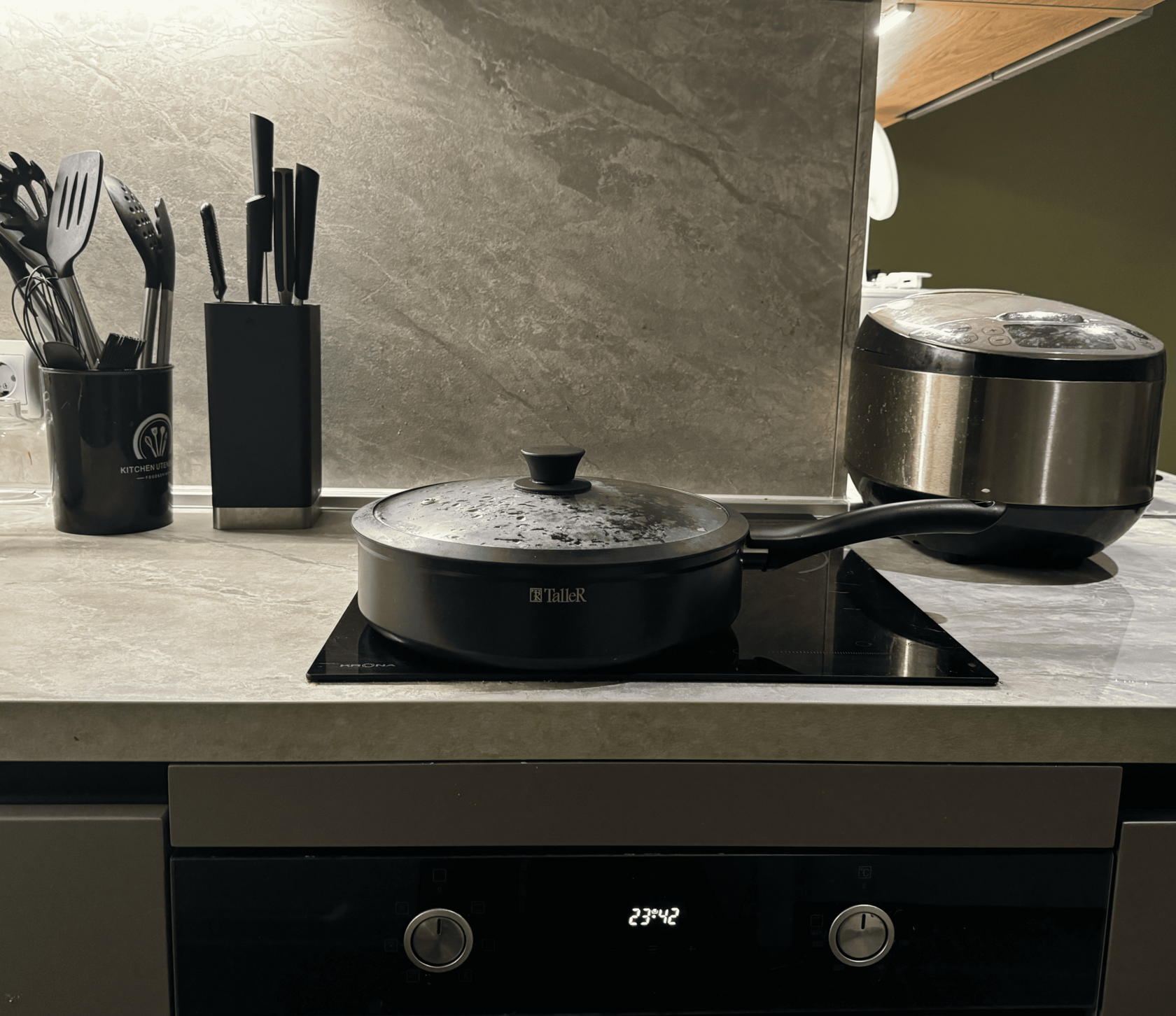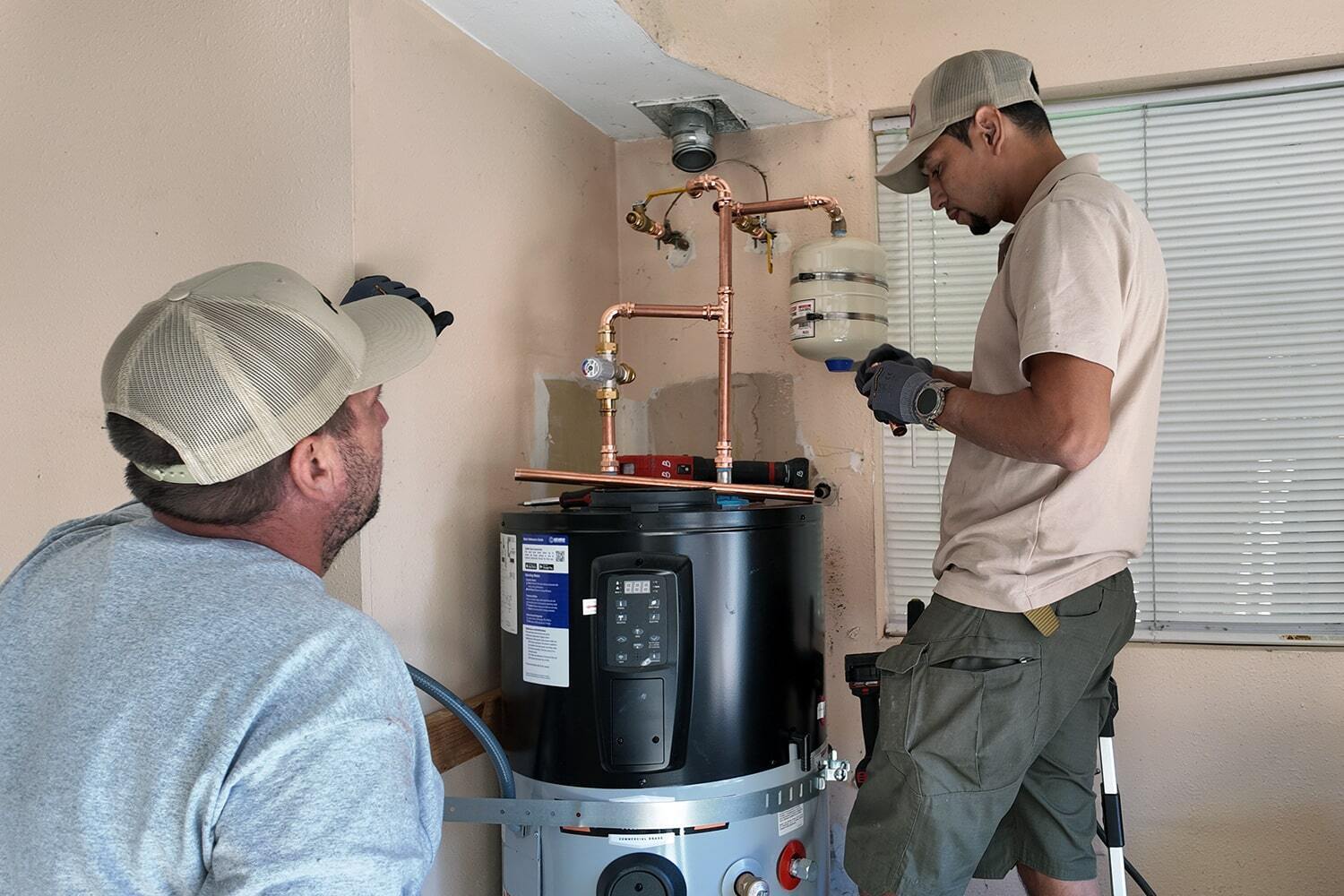No-one likes high energy bills and it’s totally fine. At the same time we can’t just stop using everyday technical miracles that make our life easier. Energy-efficient habits are going to save both your money and environment. Today we are going to answer the question of how to reduce electric bills and what strategies to use to achieve the best possible result.
Best Tips to Save Your Home’s Electricity
Disconnect Chargers From the Mains
You’re ready for this conversation. Your chargers consume energy when plugged into a socket even if your devices are not connected. This consumed energy is called “phantom power” and it will also be included in your energy bill. So to save on electric bill simply unplug chargers.
Use a Slow Cooker or Steamer
Your kitchen is a cradle of various electrical devices, so it’s best to make it as energy-efficient as possible. For example, you can use slow cookers or steamers to reduce power consumption since they need less energy compared to conventional stoves and ovens.
While Cooking Use Lid to Cover a Pan
Lids are trapping heat, in turn you need less cooking time and reduce energy use. This simple adjustment not only conserves energy but also ensures evenly cooked meals.

Try Not to Overload the Refrigerator
Having an organized refrigerator will lower electric bills and we are serious about that. Too many disordered products block air circulation and force the compressor to work harder.
Remove Dust From Lamps and Lampshades
When bulbs are dirty you might feel the need for extra light since lamps become darker. Cleaning your lamps will help you save electricity by reducing the need for higher wattage bulbs.
Optimize Appliance Usage to Reduce Power Consumption
Work On a Laptop Instead of a Desktop PC
We advise you to use a laptop instead of a desktop PC if it suits you. Laptops consume less electricity and also they are very mobile, so it’s a smart choice for remote workers.
Adjust Screen Brightness
Screens are top-1 in the energy usage list of any device. Lowering brightness on TVs, computer monitors, and smartphones to the minimum comfortable level not only reduces your energy bills but helps your battery serve longer.
Wash Only When Fully Loaded
You will save on your electric bills as well as on time if you use the washing machine only when it’s fully loaded. It uses the same amount of energy every cycle despite the load. So full load is logically more effective.
Keep Furniture Away From Radiators
To effectively heat your space, place furniture away from radiators. This will make heat freely cover all rooms with lowest energy consumption possible.
Smart Tips to Lower Electric Bills in the Kitchen
Maintain Optimal Refrigerator Temperatures
The optimal range for your refrigerator is between +37°F and +41°F, and for the freezer about 0°F. Lowering the temperature unnecessarily increases energy consumption without added benefits.
Cook Meals in Batches
Another way to reduce electric bills is cooking multiple dishes at once. This works because heat from the oven or stove is used for preparing more meals than just a single one. And hey, it saves your free time as well!
Keep the Refrigerator Away From Heat Sources
Separate cold and hot kitchen equipment to avoid increased workloads and electricity consumption.
How to Save Electricity in Cooling and Heating
Use Fans Instead of Air Conditioners
Ceiling or table fans consume a fraction of the electricity used by air conditioning units. Use fans to circulate air and stay comfortable while significantly reducing power consumption.
Install Reflective Screens Behind Radiators
Reflective screens prevent heat from escaping into walls, directing it back into your room. This energy-efficient upgrade helps you lower electric bills during the winter.
Install Transparent Curtains in Winter
Transparent curtains let in sunlight, which naturally warms your space and reduces the need for heaters. This is an eco-friendly way to both save money and make your home cozier.
Efficient Practices to Save on Electric Bills
Use Cold Water for Washing
Heating water requires a lot of energy when doing laundry. Modern detergents work effectively in cold water, allowing you to reduce power consumption significantly.
Connect Timers to Boilers
Installing timers on your water heater ensures it only operates when needed, rather than running continuously. This adjustment minimizes energy waste and helps you save on electric bills.
Monitor Water Heating Levels in Kettles
Boil only the amount of water you need. Overfilling kettles unnecessarily increases energy consumption, adding to your electricity costs.
Lighting Optimization to Reduce Energy Bills
Lighting is a major contributor to household electricity usage. Correct energy-efficient practices will lead you towards significant savings on electrical bills.
Switch to LED Bulbs. LED lighting is 4 times more effective and saves money on replacing light bulbs since LEDs last much longer than traditional bulbs.
Maximize Natural Light. Enjoy natural daylight by opening your curtains. This will lower usage of artificial lightning.
Install Motion Sensors. Sensors help to switch on and off lights only when needed so it saves electricity.
Use Dimmer Switches. Adjusting light brightness allows you to tailor energy usage to your needs.
How to Reduce Your Energy Bills by Understanding Usage
Tracking and understanding energy usage can empower you to make informed changes.
Tools to Analyze Energy Consumption
Smart Meters. With such metrics you can easily identify patterns and peak consumption times to improve your energy usage.
Energy Tracking Apps. Apps like Google Nest allow you to monitor and optimize energy habits.
Review your electric bill regularly to identify major energy consumers and adjust usage accordingly.
Save Electricity by Managing Peak Hour Consumption
Many utility companies offer Time-of-Use (TOU) rates, which charge higher prices during peak hours. Shifting energy-heavy tasks to off-peak hours can result in significant savings.
Tips for Off-Peak Usage
Laundry and Dishwashing. Equipment with high energy demands better be used late at night or early in the morning.
Charging Devices. Plug in electronics during off-peak hours.
Meal Preparation. Use slow cookers or batch cooking methods outside peak times.
Replace Old HVAC Systems for Efficiency
If your HVAC system is over 10-15 years old, it may be consuming excessive energy. Upgrading to an energy-efficient model with a high SEER rating can substantially lower electricity costs.
When to Upgrade
- Frequent Repairs. If you’re spending more on repairs than the system is worth, it’s time to consider a replacement.
- Inefficiency. Older systems require more energy to maintain the desired temperature.
- Noise and Performance Issues. Excessive noise or uneven heating/cooling are signs your system is nearing the end of its lifespan.
Newer models often include features like smart thermostats and zoning capabilities for optimal efficiency.
Efficient Water Heater Use
Water heaters are among the biggest energy consumers in homes. You can save a lot if their operation is optimized correctly.

Lower the Temperature. Set your heater to 120°F to reduce energy costs.
Insulate the Tank. Cover the water heater tank with a special blanket to prevent heat loss.
Switch to Tankless Models. Tankless models reduce standby energy loss since they provide hot water on demand, avoiding standby energy losses.
By implementing these practical tips and avoiding common myths, you can reduce electric bills and achieve long-term savings. Call us at (669) 666-9219 or e-mail support@fuseservice.com today and upgrade your home appliances to save money daily.
